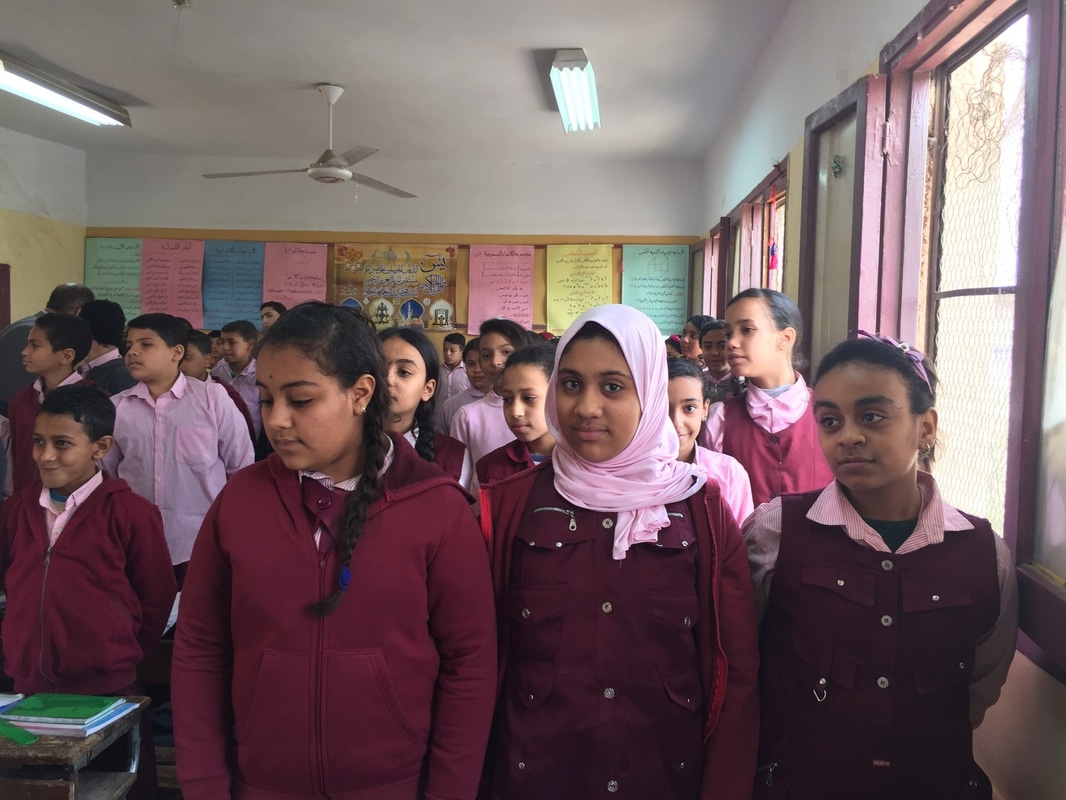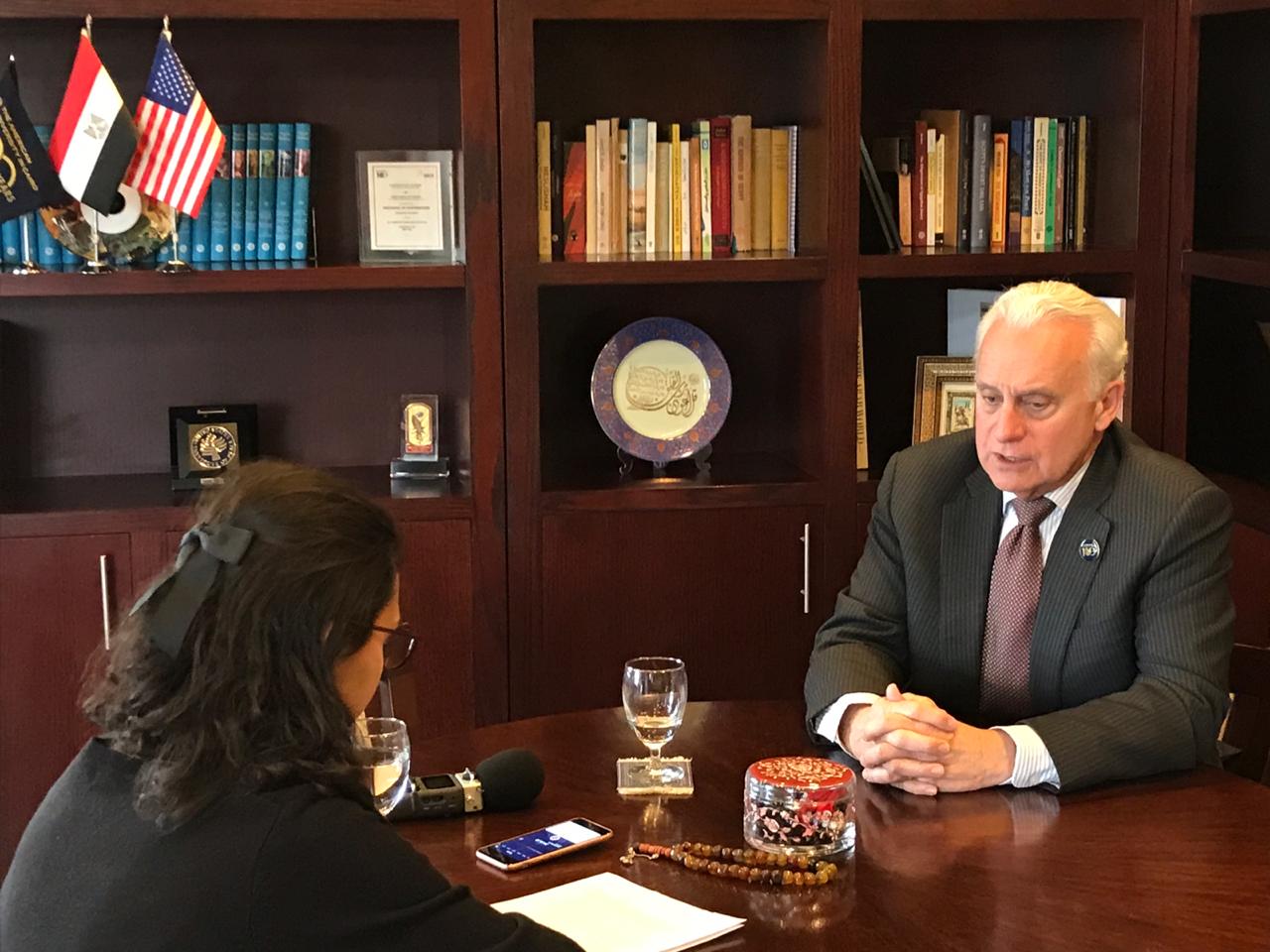Despite Benefits, Potential Sex Education Bill Faces Social Hurdles
HOW DO WE TALK ABOUT WOMEN IN EGYPT?
By: Nourane Selim
Follow @nouraneselim97
Efforts to introduce sex education in Egypt fall short because open conversation about the subject is considered taboo and largely sparks controversy.
In 2010, the Egyptian government decided to remove all sex education and reproductive health content from public school curricula.
But in October, Egyptian Member of Parliament Mona Mounir argued that sex education benefits the community and reduces cases of sexual abuse against children; she called for it to be reintroduced.
Recent research in psychology shows that including sexual education in school curricula can lead to a healthier society.
According to the Study on Ways and Methods to Eliminate Sexual Harassment in Egypt, published in 2013 under the auspices of United Nations (UN) Women and the Demographic Center in Egypt, sexual harassers said watching pornography was a principal reason behind their crimes.
Conventional wisdom says that sex education will reduce the number of people watching porn, thus minimizing the occurrence of physical, sexual and psychological violence within the general community including rape, sexual abuse and sexual harassment.
However, member of the Education and Scientific Research Committee in Parliament Magda Nasr told The Caravan that sex education was only a suggestion by Mounir, and that negotiations are still underway.
“I voted against this because it doesn’t match our culture’s view. However, I suggested to include reproductive sex education as part of the biology curriculum.”
Nasr is not the only one to oppose the draft.
Egyptian cultural conservatism considers sex as a religiously inappropriate taboo topic of discussion, says Adolescent Psychotherapist and Counselor Nour Zaki.
“In the Middle East, sex is usually surrounded by a lot of guilt and shame. Nobody likes to talk about it especially at early ages. Sex education can minimize this negative attitude towards sex when it’s taught in a normal and healthy way,” Zaki told The Caravan.
The topic of sex education becomes all the more controversial when it involves the well being of children.
Many parents are concerned how sex education is taught to children.
In principle, it aims to raise awareness among children and ensure they know which parts of their bodies are considered ‘private,’ – a key component of educating children about reproductive health.
“The child should know how to say no and should be assertive about it. Sex education aims to empower children and enhance their self-esteem instead of leaving them helpless,” Zaki said.
“Such empowerment will help prevent sexual abuse, sexual harassment or any unwanted touch for the child.”
Given the current ease of web access, sex is marketed – often to children – through advertisements, music videos, movies and pornography.
This creates a culture of sex that is not balanced by an adequate education, leaving children susceptible to exploitation and abuse.
Zaki says that teenagers get sexual information from porn websites which is misleading and presents unhealthy expectations and perspectives about sex in general.
Conservatism is more profound in Upper Egypt compared to other Egyptian governorates.
Public schools there especially refrain from discussing sex education seriously, and when they do, it is approached from a strictly biological point of view.
David Fakher, a junior business student from Sohag, said that his school teaches sex education as part of reproductive health starting from the age of 16, just before high school.
“We were only given the basic information about reproduction and reproductive organs in biology classes. Our knowledge about the other topic mainly came from sources outside the school,” he told The Caravan.
Islamic Preacher and Al-Azhar University Professor Mohammed Wahdan told Egypt Independent that he supports sex education as long as it is consistent with the ethics of religion.
In addition, Egypt’s Dar Al Ifta launched a sex education program in March that aims to control Egypt’s rising divorce rates by offering future spouses marriage preparation sessions.
The program covers sex education, reproductive health lessons and medical counseling.
“The lack of this education is the cause of several conjugal problems. Providing sex education is not in conflict with the provisions of Islamic Sharia,” director of the training at Egypt’s Dar Al Ifta Amr Al Wardani told Al Monitor.




